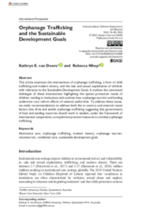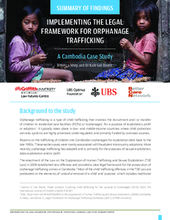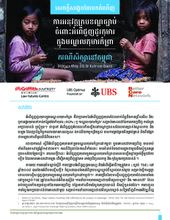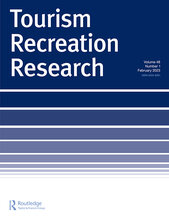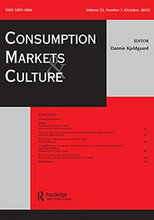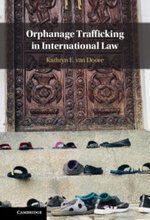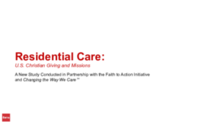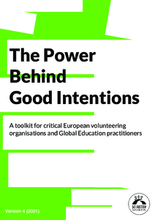Displaying 21 - 30 of 141
This article examines the intersections of orphanage trafficking, a form of child trafficking and modern slavery, and the sale and sexual exploitation of children with reference to the Sustainable Development Goals. It outlines the contextual challenges of these intersections highlighting the special protection needs of children residing in institutions and outlines how orphanage tourism and funding undermine care reform efforts of national authorities.
This study was conducted as a part of a multi-stage, multi-country project designed to enhance the identification, prosecution, and prevention of orphanage trafficking crimes. It was the second of four stages to be conducted in Cambodia as one of three jurisdictions included in the study. This report contains a summary of findings from this stage two case data and case study analysis.
ការសិកសាស្រវជ្រវនះត្រូវធ្វើឡើងជាផ្នកមួយនគម្រងស្រវជ្រវពហុប្រទស ដលមានច្រើន ដំណាក់កាល ដលត្រូវបានរចនាឡើង ដើមបីពង្រឹងការកំណត់អត្តសញ្ញណ ការផ្ដន្ទទោស និងការទប់ស្កត់ បទល្មើសជួញដូរកុមារក្នុងមណ្ឌលកុមារកំព្រ។ការសិកសាស្រវជ្រវនះគឺជាដំណាក់កាលទីពីរនដំណាក់កាល ទាំ
This global study examined 106,979 tweets posted by 34,370 unique users from 2010 to 2019 to understand the sentiment of those indirectly involved in orphanage tourism and its change over time.
This paper examines the understanding of poverty emerging in voluntourists’ accounts of their first-hand experiences of poverty alleviation. Based on the ethnography of an orphanage in Nepal, the authors show that despite voluntourists’ good intentions and even (self-)criticism of the volunteer tourism approach to poverty relief, their accounts tend to consolidate rather regressive ideas about poverty.
This book explores the process of orphanage trafficking as a form of child trafficking in international law, examining the contexts in which it occurs and providing a comprehensive, holistic approach to addressing the issue as a form of trafficking
This report contains the findings from a nationally representative study conducted by Barna Group of U.S. Christians to better understand U.S. Christian beliefs around and support for orphanages, children’s homes and other forms of residential care for children. It includes data on the amount of funding given to residential care, as well as visits and short-term missions to orphanages.
This toolkit is the outcome of four seminars organised by the Service Civil International (SCI), and calls for all volunteering organisations in Europe to take a strong stand against racism and colonialism.
The goal of the present study was to provide data on pre-trip preparation, in-country activities, and how these impacted volunteer perceptions of preparation and trip satisfaction for volunteers working with vulnerable children, including those in residential care (ex. orphanages).
This paper examines the lived experiences of children who interacted with tourists in a performance-based orphanage in Siem Reap, Cambodia.

